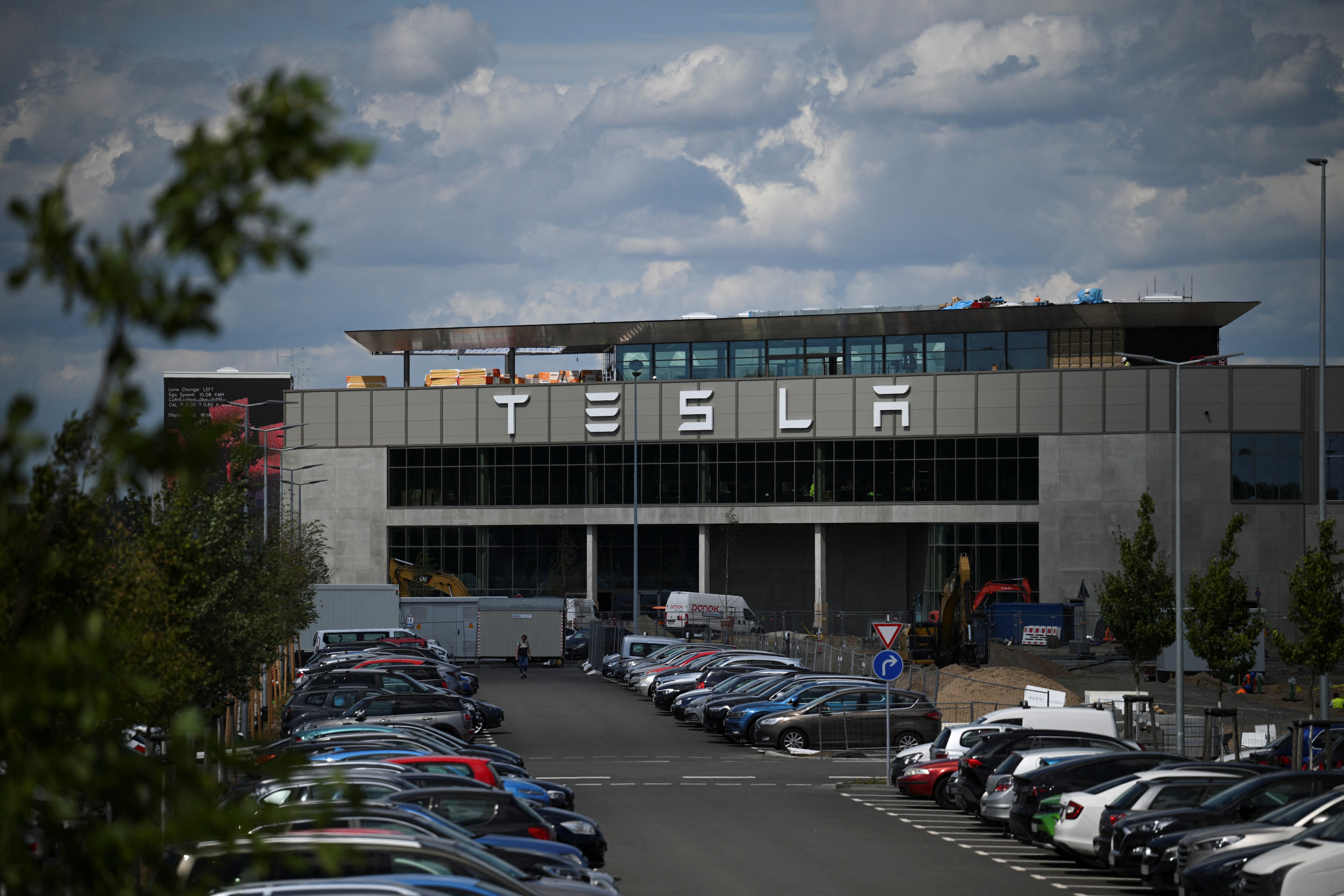

Tesla, a commendable force in electric vehicles (EVs), faces a disruption in its car production at the Gruenheide factory near Berlin. The halt, from Jan. 29 to Feb. 11, stems from the Red Sea crisis, with Iranian-backed Houthi militants targeting vessels, causing a shift in transport routes. This crisis has impacted Europe's largest economy, affecting the supply chains of various industries, including the EV sector.

The Red Sea conflict has created considerable challenges for Tesla, which is heavily reliant on lightweight aluminium components from Asia, particularly China, for its EV production. The company's dependence on China for battery components transported to Europe through the Red Sea exposes it to constant production risks.
Analysts, such as Sam Fiorani from AutoForecast Solutions, emphasise that Tesla might be the first to reveal this issue, hinting at potential challenges for other automakers with similar supply chain vulnerabilities.
"Relying on so many key components from Asia, and specifically China, has been a potential weak spot in any automaker’s supply chain. Tesla relies heavily on China for battery components, which need to be transported to Europe through the Red Sea, putting production constantly at risk," asserted Sam Fiorani.
Other added business troubles faced by Tesla
This disruption adds pressure on Tesla, coinciding with a labour dispute and sympathy strikes. Unionised workers at Hydro Extrusions, a subsidiary of Norwegian aluminium and energy company Hydro, halted work on components for Tesla car products. The strike, initiated by members of IF Metall, further complicates Tesla's production challenges.
Tesla pointed out in a statement: "The armed conflicts in the Red Sea and the associated shifts in transport routes between Europe and Asia via the Cape of Good Hope are also having an impact on production in Gruenheide.”
“The considerably longer transportation times are creating a gap in supply chains,” the company specified.
Why is aluminium abundantly used in the production of Electric Vehicles?
It's noteworthy that the aluminium industry plays a crucial role in EV manufacturing, contributing to lightweight designs for enhanced efficiency. The interruptions in Tesla's production highlight the intricate global supply chain, impacting the transportation of raw materials, including aluminium, essential for EV components.
Tesla's decision to resume production on Feb. 12 indicates the hope for a resolution in the Red Sea crisis. However, the company has not disclosed specific details on the missing components or its restoration plan. The disruption underscores the vulnerability of global trade routes and the ripple effects on industries, including those like aluminium, crucial for EV production.
Can this crisis lead to global price influx?
As the Red Sea conflict continues, the rerouting of shipping giants around the Cape of Good Hope adds complexity to the supply chain. This detour not only extends the journey time by about ten days but also incurs an additional cost of approximately $1 million in fuel expenses. The aluminium industry, being an integral part of EV manufacturing, is intricately linked to these global trade dynamics.
In conclusion, the Red Sea crisis is affecting Tesla's EV production, shedding light on the vulnerabilities in global supply chains, particularly in industries like aluminium that contribute significantly to electric vehicle manufacturing. The intricate interplay of geopolitical events and trade routes emphasises the importance of a resilient and adaptable supply chain for the aluminium industry and its associated sectors. If you wish to learn more about the use of aluminium in the automobile sector, please have a look at AL Circle's special report, Future of Aluminium in Transportation Sector.
Responses








